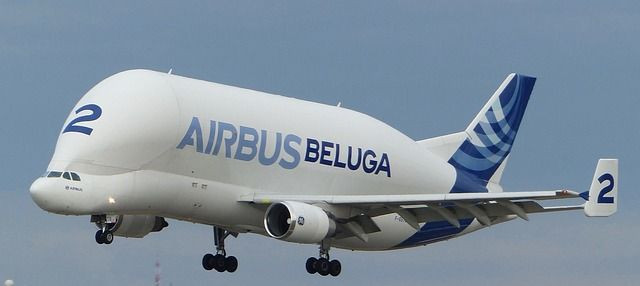Airbus Says Hybrid Electric Jet To Start Production In 2035

Airbus has some exciting ventures in the fray, which may change how aviation has worked to date. One such venture is hybrid planes, which work by partially replacing jet fuel components with electric components.
The development of such planes is in line with the European Commission’s Flightpath 2050 sustainable aviation goals, which strive for a massive reduction in emissions from planes.
The company’s CEO Guillaume Faury told Reuters Monday that it is developing a low-emission jet aircraft, which will enter production by 2035. While the company has embargoed the plans for the aircraft, Faury revealed that the company is at an early stage in the process.
It is already working on a hybrid-electric mini aircraft demonstrator with Rolls Royce and Siemens, called the E-Fan X. It is basically a repurposed regular plane– a Bae 146 with an electric motor instead of one of its turbofans. It will have a 2-ton battery, which will supply the power to the turbofan.
Developing a heavy-duty hybrid jet is much different than having a prototype, like the E-Fan X, which is why the production goal stretches as far as 2035.
Hybrid or electric planes are expected to be much eco-friendlier than traditional planes. A flight from London to New York on an Airbus A320 generates more than 2,000 pounds of CO2, something a hybrid plane may reduce considerably.
The technology is still in its initial stage, but given the fact that companies such as Airbus are coming with concise plans, the present generation may see such planes replace traditional ones in their lifetime.
While a hybrid plane can only run on charging, advanced plans for such aircraft, worked on by private investors, including solar-powered planes, which will get power from solar panels mounted on wings. Semiconductor yields from solar cells have improved to a rate, which may make it possible for them to be used on planes.
Given that most airships fly above the clouds, it may be much easier for them to generate solar energy than a car with a similar setup on the ground. Such aircraft are expected to be much lighter and safer than traditional aircraft.
© Copyright IBTimes 2025. All rights reserved.



















